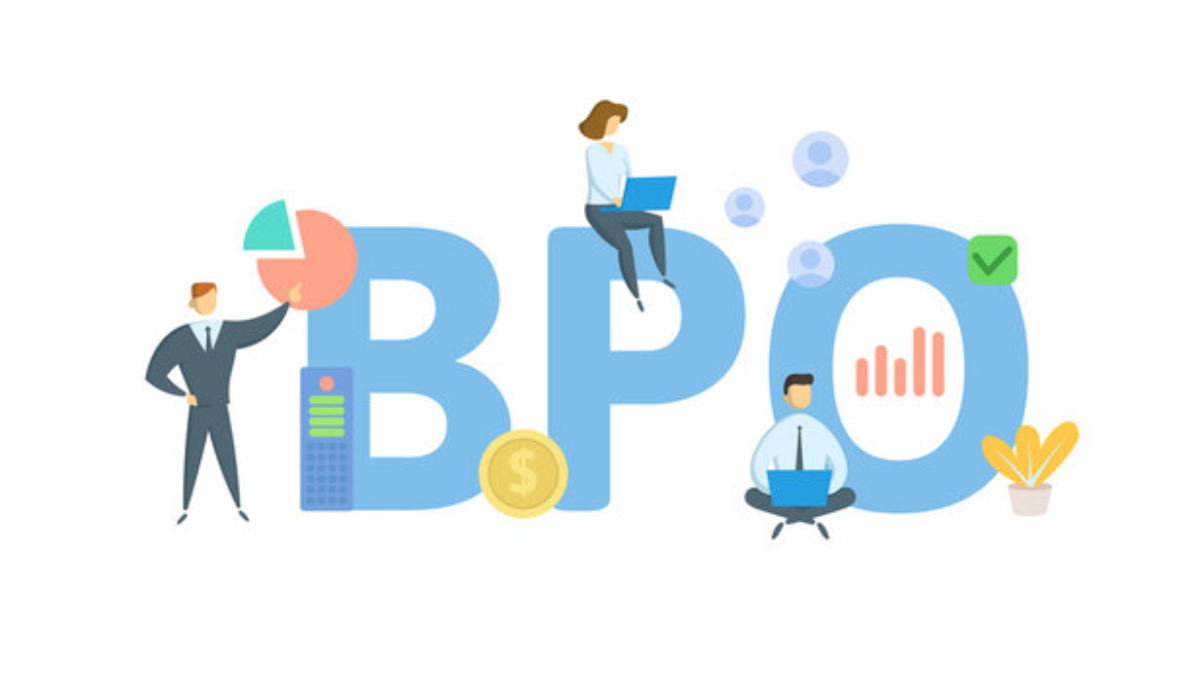What is a BPO?
The practice of contracting out various company-related operations to outside suppliers is known as business process outsourcing (BPO).
In the earlier states, Business Process Outsourcing (BPO) was only used by manufacturing companies that are huge such as soft drinks producers. They outsourced great portions of their supply chains. But now, it is used for the outsourcing of many different goods and services irrespective of the size of the business. The introduction of the internet calling system with a wide variety of calling features has made BPO affordable today.
A Little about the Overview of Business Process Outsourcing (BPO):
In the present dynamic and immensely competitive business environment, many businesses from small startups to established corporations. They prefer to choose to outsource certain activities. Companies do this generally to save the investment for space and resources. Sometimes, the activity needs dedicated experts (a third party).
In general, businesses use BPO techniques for their front-office and back-office activities. Back office BPO describes business outsourcing as its essential business support function. Outside experts grab these as they can make sure the operation works successfully and we refer to them as third parties. Such a move can assure a reduced investment with an expectation of improved productivity.
These functions include accounting, payment processing, IT services, human resources, regulatory compliance, and quality assurance.
Crucial Considerations:
Whether a company contracts its activities within or outside of its nation will determine the scope of its BPO possibilities. BPO in some cases is referred to as “offshore outsourcing”. We address it in this way if the contract transfers to a nation with stable judiciary/political conditions, low labor costs, and fewer taxes. One such instance of offshore outsourcing is a western corporation hiring an eastern world organization BPO.
Why does a company require BPO?
Businesses that use BPO have access to cutting-edge technology tools they might not otherwise have. By implementing the newest technologies and methods, BPO partners and businesses continuously try to improve their processes to stand in the business race.
The idea of outsourcing is remarkably flexible as BPO also provides businesses with many benefits. They include the advantages of rapid resource reassignment as needed, improved productivity, and quick and accurate reporting.
Advantages of BPO:
BPO offers an immense number of advantages to firms, especially larger organizations. cost reduction is one of the primary benefits.
Internally carrying out a particular job function costs a certain amount. By delegating this task to a third party outside the organization, typically in a nation with lower costs, BPO can cut these expenses in half.
Another advantage is that a business can concentrate on core business functions. This is essential to its success rather than to non-essential administrative tasks or other aspects of running a business. BPO also helps with the firm’s growth, especially when expanding overseas.
Bottom line:
In contrast to outsourcing the entire production, business process outsourcing (BPO) employs third-party specialists to carry out a portion of its business operations.
BPO can help a business to save money, work more efficiently, and be more flexible simultaneously. Undoubtedly, the BPO industry is expanding at a rapid rate. It is not limited to any nation and this BPO outsourcing is spreading everywhere in the world economy, which is becoming increasingly global.

